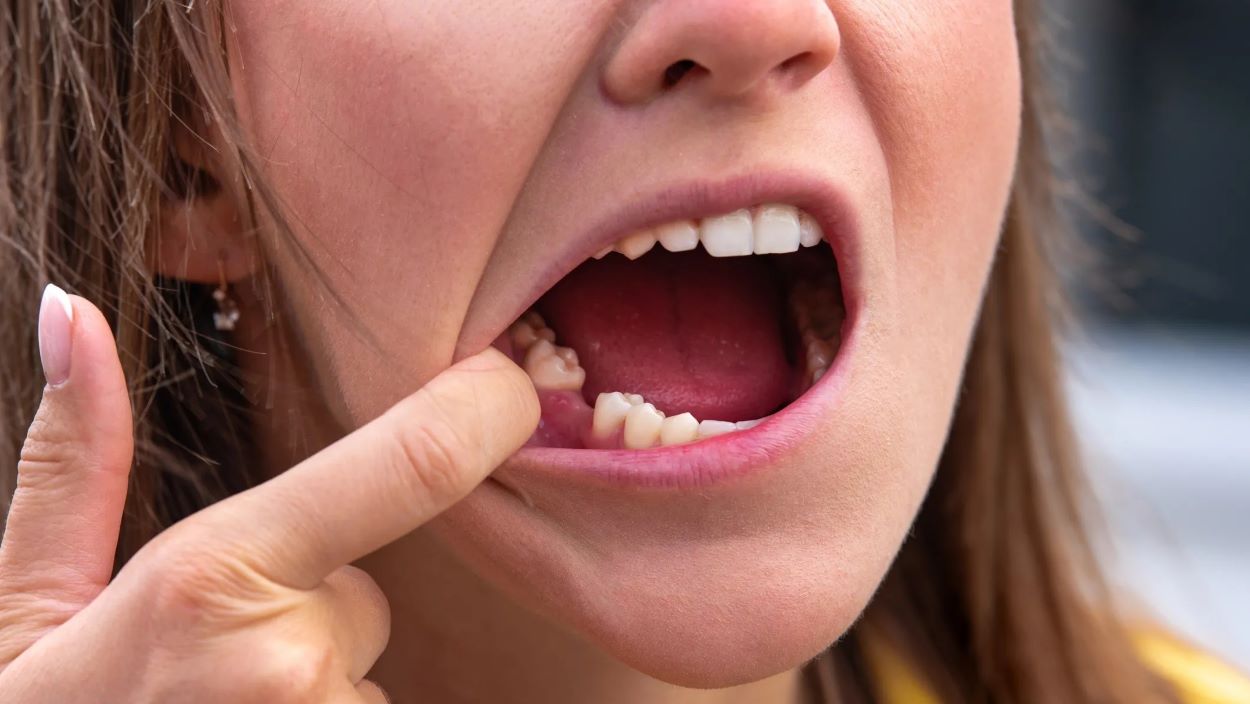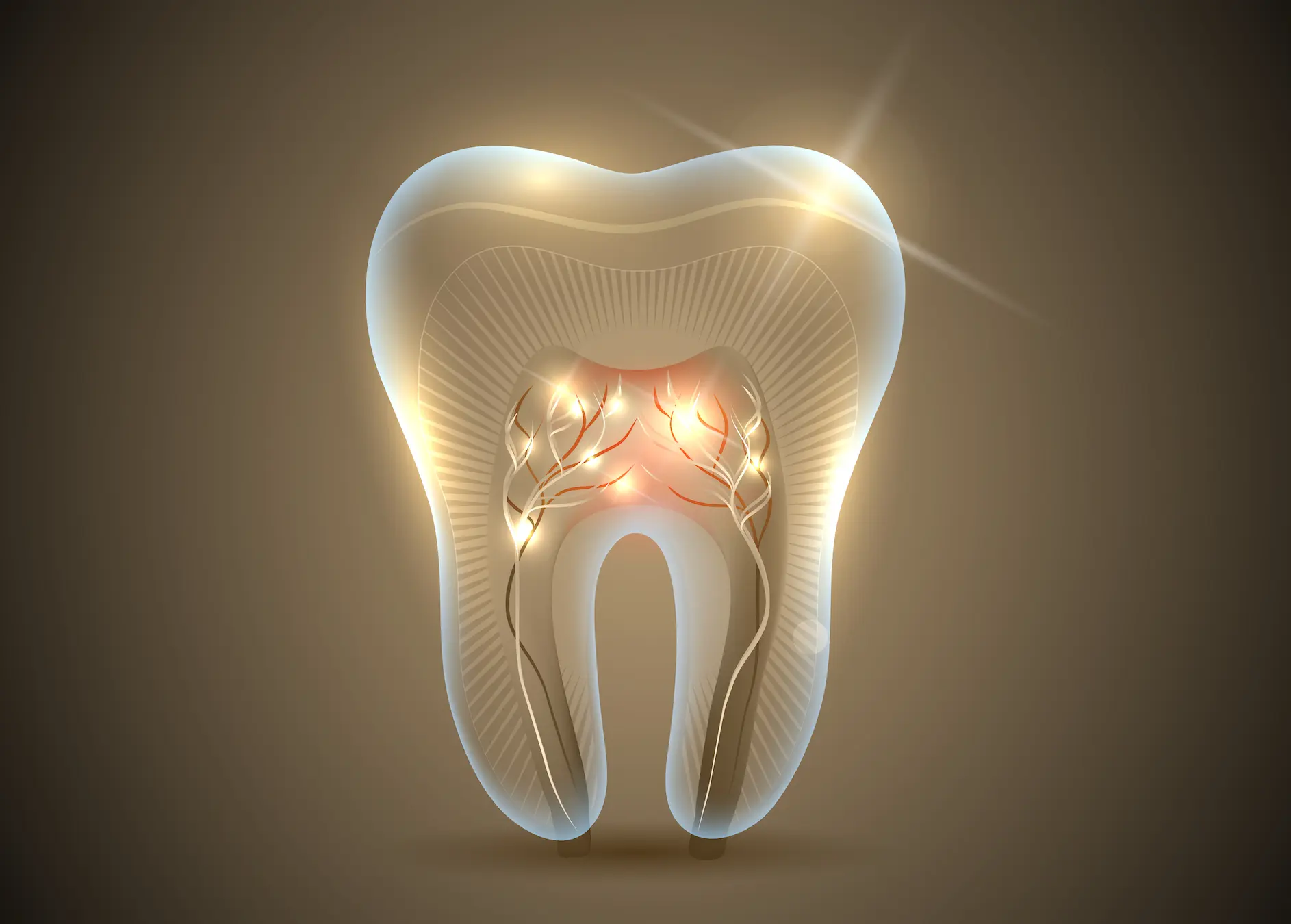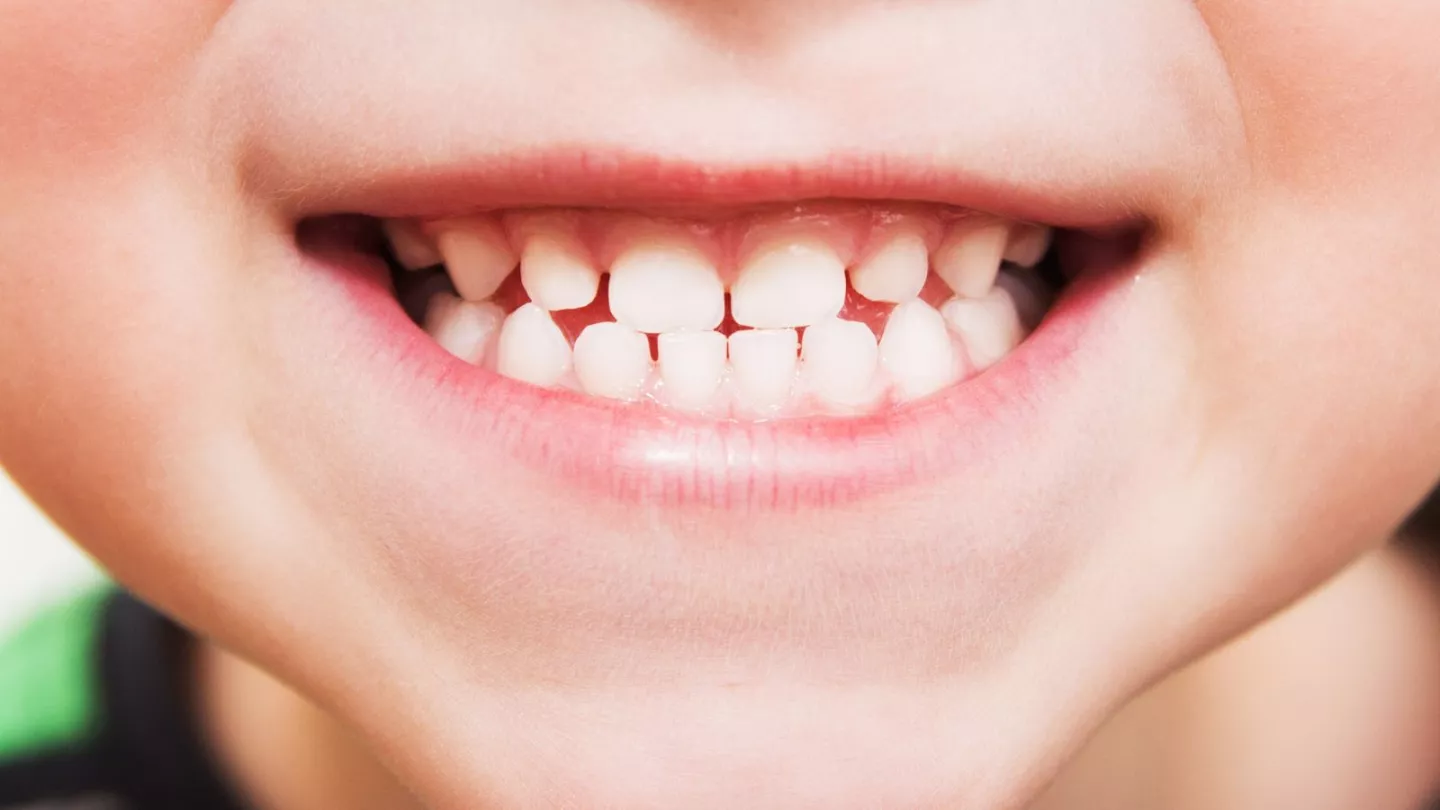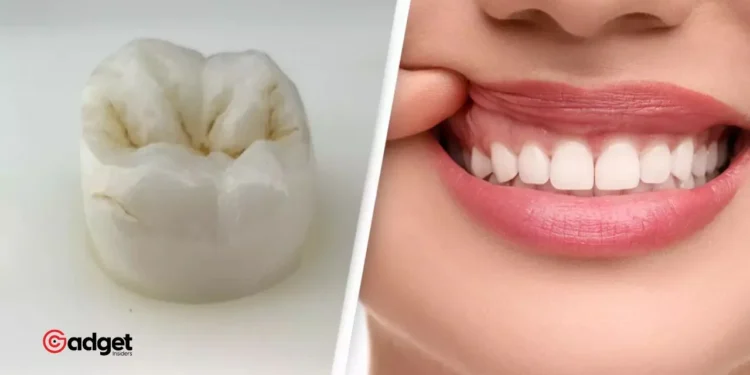In a landmark development that sounds almost like science fiction, a new drug capable of regrowing human teeth has been greenlit for human trials slated to commence this September. This groundbreaking advancement could potentially turn the tables on dental treatment as we know it, bringing new hope to those who have suffered from tooth loss.

Understanding the Significance of Regenerative Medicine
The human body possesses an extraordinary ability to heal bones, but unfortunately, the same cannot be said for our teeth. Once damaged, the options are often limited to painful extractions and artificial replacements. However, the narrative may soon change with the introduction of this innovative drug, heralded as a major breakthrough in regenerative medicine.
Developed by a dedicated team of Japanese researchers, the drug is poised to begin its first human trial phase, targeting adults missing at least one molar. Katsu Takahashi, the head of dentistry at Kitano Hospital’s medical research institute and a pivotal figure in this research, shared his enthusiasm about the project. “We want to do something to help those who are suffering from tooth loss or absence,” Takahashi explained. His team’s work has fostered a solution that might soon enable teeth to regenerate, much like bones do.

The Science Behind the Breakthrough
The potential for this drug stems from years of meticulous research focusing on a specific antibody known as Uterine sensitization associated with gene-1 (USAG-1). Studies have indicated that USAG-1 plays a critical role in inhibiting tooth growth, findings that were initially observed in smaller mammals such as ferrets and mice. “The morphogenesis of individual teeth depends on the interactions of several molecules including BMP, or bone morphogenetic protein, and Wnt signalling,” Takahashi stated, elaborating on the complex biological interactions at play.
Despite the promising results in animal models, the true test lies ahead with the upcoming human trials. The research team remains cautiously optimistic, knowing the challenges of replicating these results in humans. “We knew that suppressing USAG-1 benefits tooth growth. What we did not know was whether it would be enough,” Takahashi added, hinting at the pioneering nature of their work.

Potential Reversal: New Drug for Tooth Regrowth
The implications of such a drug extend far beyond mere dental health; it represents a significant leap forward in the field of molecular therapy. Traditional tissue engineering has often fallen short of fully addressing tooth regeneration, a gap that this new approach aims to bridge. Manabu Sugai from the University of Fukui, another key author of the study, noted, “Our study shows that cell-free molecular therapy is effective for a wide range of congenital tooth agenesis.”
As the world watches closely, the success of these trials could herald a new era in dental care, making tooth loss a potentially reversible condition. This September could mark the beginning of a new chapter in medical science—one where a simple drug could regenerate a tooth, restoring not only dental function but also confidence for those affected by tooth loss.










